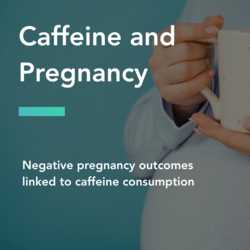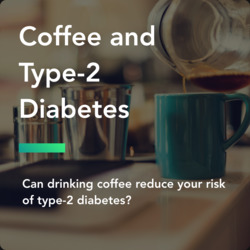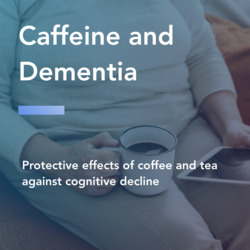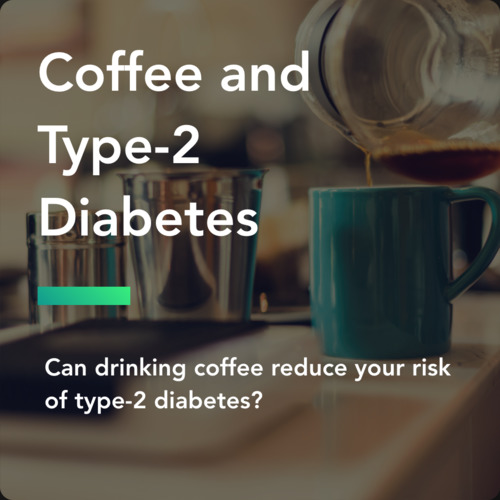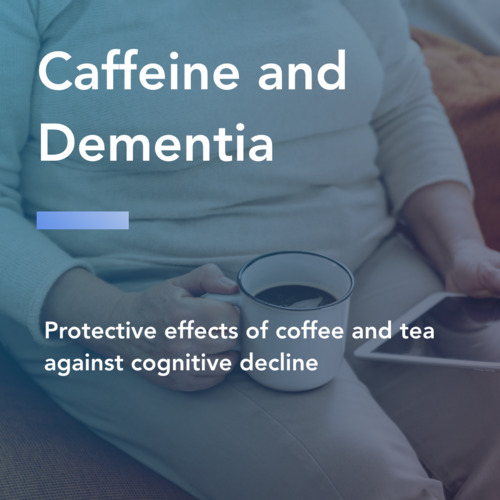Calorie Burn with Caffeine

Calorie Burn with Caffeine. Caffeine significantly boosts calorie burn compared to a placebo control. Researchers gave participants 100mg every 2 hours and measured their calorie burn. Individuals who were given caffeine burned significantly more calories over the 12 hours compared to individuals who were given the placebo control without caffeine.
Multiple studies have shown that caffeine causes you to burn more calories. Your body is constantly burning calories and using energy, which we call your basal metabolic rate. Caffeine causes you to burn a little bit more.
This means that overall, after drinking a cup of black coffee, you would have burned more calories than you would have ingested.
Researchers found that just by giving volunteers 100 mg of caffeine, they were able to significantly increase calorie burn by around 5 calories per pound per 12 hours.
Calories in Black Coffee

Pure caffeine has essential no calories in the amounts we normally consume. (You would probably feel very sick before consuming any significant amount of calories)
Black coffee, without creamer or sugar, only has two calories per 8 oz cup. You would have to drink 70 cups of coffee in order to ingest the same amount of caffeine as one cup of Coke.
However, this only applies to coffee without creamer and sugar. Adding sugar and cream to your coffee can dramatically increase your calorie intake.
A mocha latte has the same amount of calories as two cans of Coke.
What is your Basal Metabolic Rate
Your basal metabolic rate refers to the amount of calories you burn at rest. If you're watching TV, sleeping, or on instagram, you're probably burning calories at around your basal metabolic rate. Your body needs calories to maintain your body temperature, digest food, and feed your brain. These, among other calorie consuming functions, make up your basal metabolic rate.
Coffee and Diabetes Risk

Figure 3. Coffee and Diabetes Risk. Individuals who cut down their coffee consumption by 1 cup a day had a 17% higher risk of developing diabetes. Meanwhile, individuals who increased their coffee consumption by at least 1 cup had an 11% lower risk of developing diabetes. This data was obtained from 48,464 women in the Nurses' Health Study and 27,759 men in the HPFS study. Researchers used self-reported data over approximately 20 years.
Diabetes is one of the most serious consequences of weight gain and obesity. Fortunately, some studies have found that coffee may decrease the risk of diabetes.
In one of the largest studies of its kind, researchers found that individuals who started drinking more coffee had a significantly lower risk of diabetes. Meanwhile, individuals who cut down their coffee consumption by at least 1 cup per day had a significantly higher risk of diabetes.
Why is Diabetes Dangerous?
Type 2 Diabetes can affect organs across the human body. Over time, it can cause permanent disability and death through a multitude of mechanisms. The American Diabetes Association estimates that diabetes is the 7th leading cause of death. Common causes of death include heart disease and stroke. Common causes of disability include infections and amputations.
More Info on Caffeine
Caffeine
The Benefits and Drawbacks of Caffeine
Caffeine has been shown to be most healthy for your body and mind. There are certain negative effects that have come up in studies, however they are mostly specific to individuals with certain conditions such as anxiety and migraine headaches.
Keys to health
One thing to keep in mind is that these differences are relatively small. Coffee certainly doesn’t burn enough calories to justify grabbing that extra burger.
What it does mean is that combined with a good diet and regular exercise routine, a little bit of coffee every day is most likely going to be pretty good in terms of weight loss and your health.



